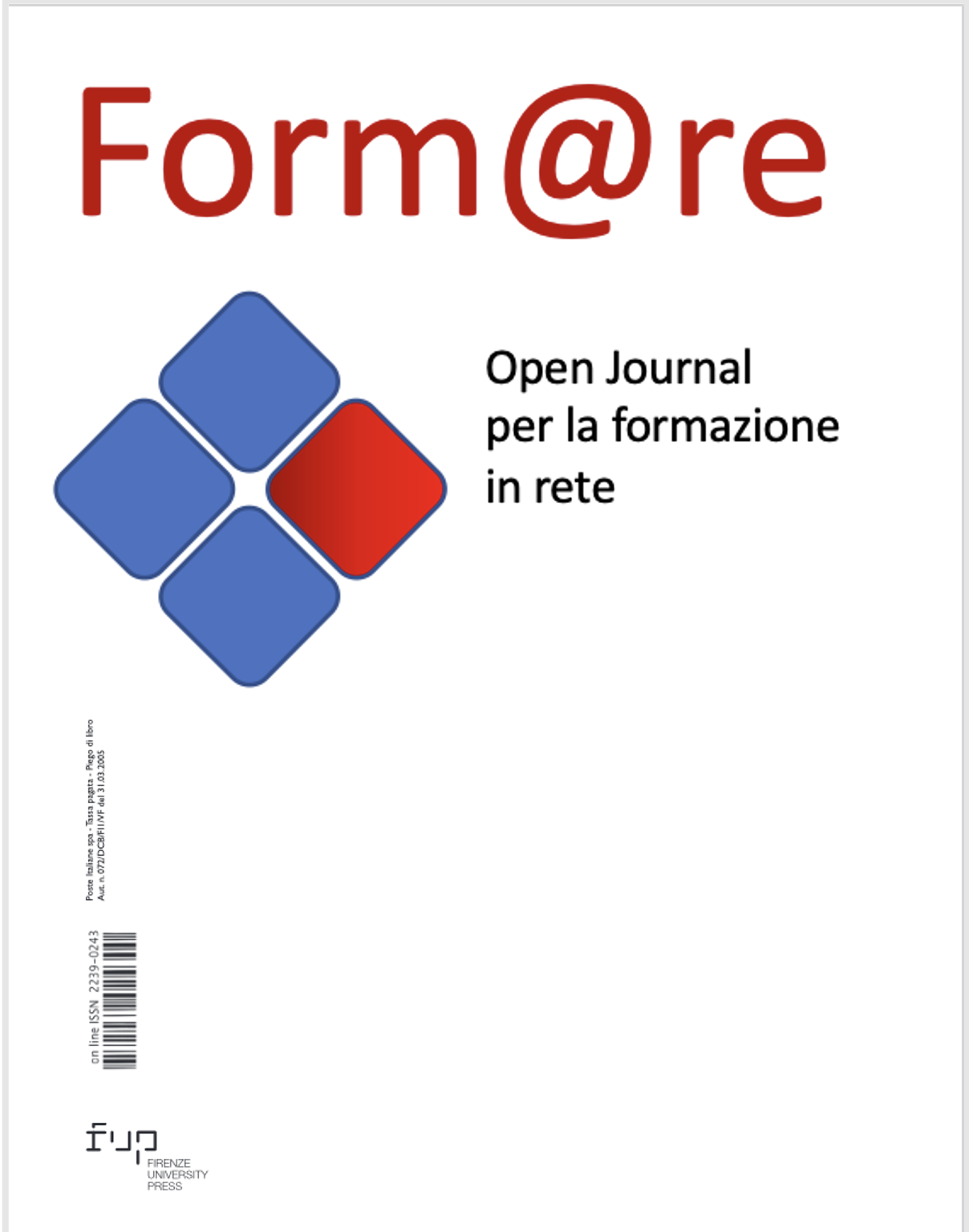Over the last years, educational research has put a significant amount of effort in exploring the potential of interaction and feedback to enhance Active Learning as a student-centered approach where students participate in the learning process through discussion, practice, problem solving, group work and so on. Scholars from different backgrounds have emphasised the value of these constructs. Hattie and Yates (2014), for example, while pointing out that there exists an “empathy gap” between teachers and students in the perception of how feedback is delivered, providedsuggestions to overcome this situation and give effective feedback to improve the learning process. Interaction between the learner and the environment defined by the teacher, instead, is one of the main dimensions of the Laurillard (2002) conversational framework and, more generally, of interactionist models: from this perspective, teachers have the responsibility to create an environment adapted to the learning task which is given to the learner and provide appropriate feedback. Consistently with these theoretical and empirical advancements, colleagues from across the University, and more widely teachers and instructional designers, are using technologies and reshaping the learning spaces, including the physical and virtual classrooms, to transform teaching and the ways in which our students engage with learning. Technologies, indeed, are becoming ubiquitous thus enabling new forms of interactivity regardless of location. Due to this increased interactivity, we need to rethink of our types and modes of feedback within the hybrid classrooms of the XXIst century.
This special issue is an opportunity for us to reflect on what we are doing, what works, what doesn’twork and what research directions we want to undertake in the next futures.
We invite papers that address the following issues:
- Theoretical analysis of and perspectives on designing interactive learning environments in hybridized spaces for specific learning purposes (Language Learning, STSM, etc.);
- New approaches to the use of feedback for improving the learning process and engage students in active learning;
- Studies on active learning and the new opportunities provided by technologies to improve interaction and feedback;
- Methodological models and tools to provide effective feedback at the interface of formal and informal contexts in K-12 education for subject-oriented purposes i.e. Science Education, Language Education, Literacy etc.;
- Students’ perceptions and reactions to interactive learning experiences and increased feedbackin Higher Education;
- Research on the role of feedback in adult education and professional development.
Papers with an empirical orientation are particularly welcome but conceptually and theoretically orientated submissions will also be considered.

